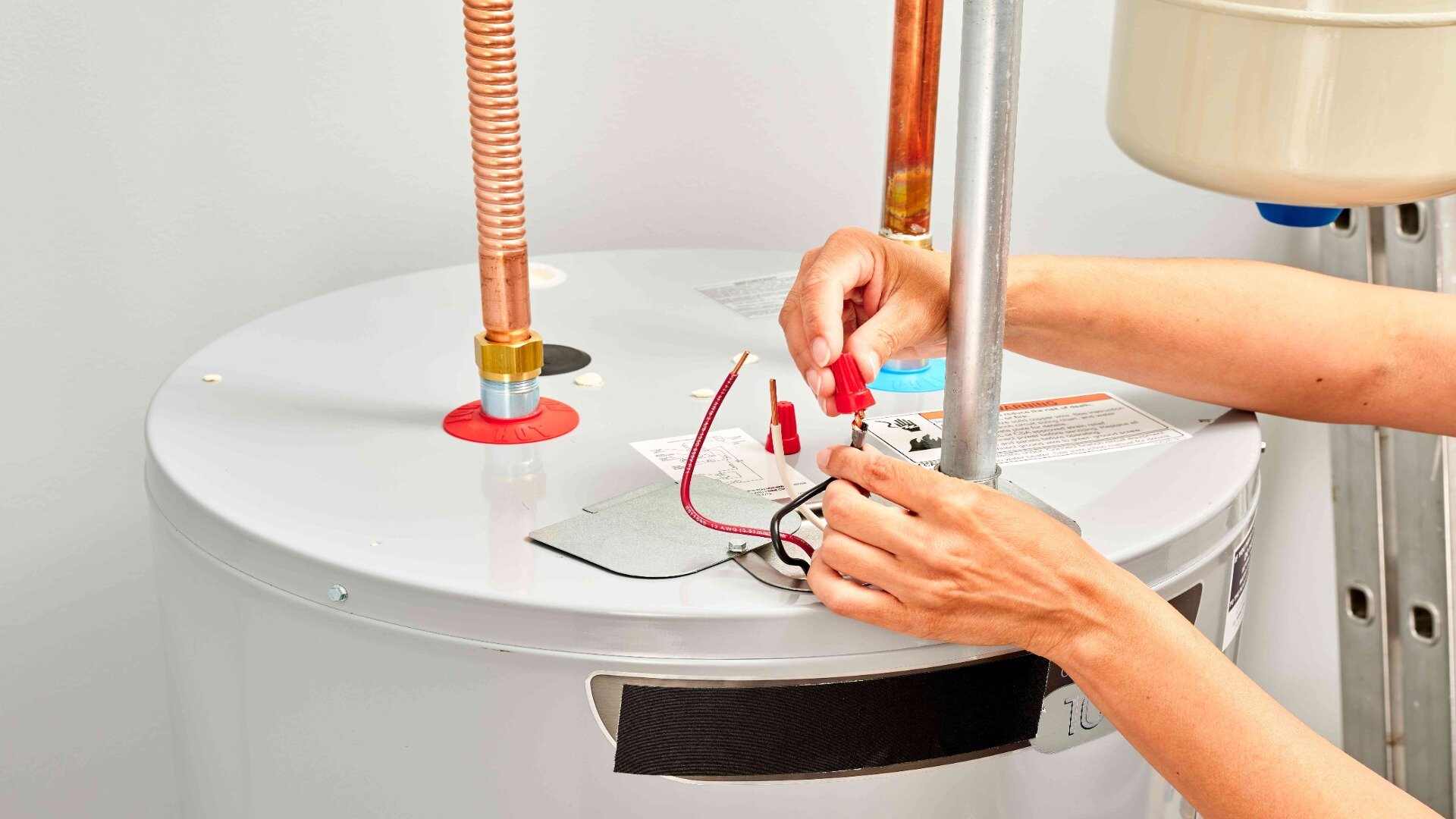
At Enersol, our Residential Electrician Gold Coast - Are you in the market for an electric hot water system but need help deciding what size to choose? Selecting the right hot water system size is essential for ensuring optimal performance, and energy efficiency and meeting your hot water demands.
In this post, we’ll guide you through figuring out the perfect size for your electric hot water system. Learn more about residential wiring guide. By grasping your hot water needs, looking at different factors, and doing some simple calculations, you’ll be equipped to ensure a reliable and economical hot water supply for the future.
Say goodbye to cold showers and wasted energy - let’s dive into the world of choosing the right size electric storage hot water system.
Understanding Your Hot Water Needs
A thorough understanding of your household’s typical hot water consumption patterns is crucial when choosing the right electric water heating system size. Start by considering fundamental factors like the number of permanent occupants and whether anyone lives there part-time.
From there, evaluate your daily routines that utilise hot water outlets. Conduct a weekly audit to track activities such as showering, bathing, laundering clothes and dishes, cleaning, and other miscellaneous uses.
Take note of the average duration of each shower and the number of laundry loads and dishes done daily. Keep an eye on peak usage times, such as busy mornings when multiple fixtures are in action at once.
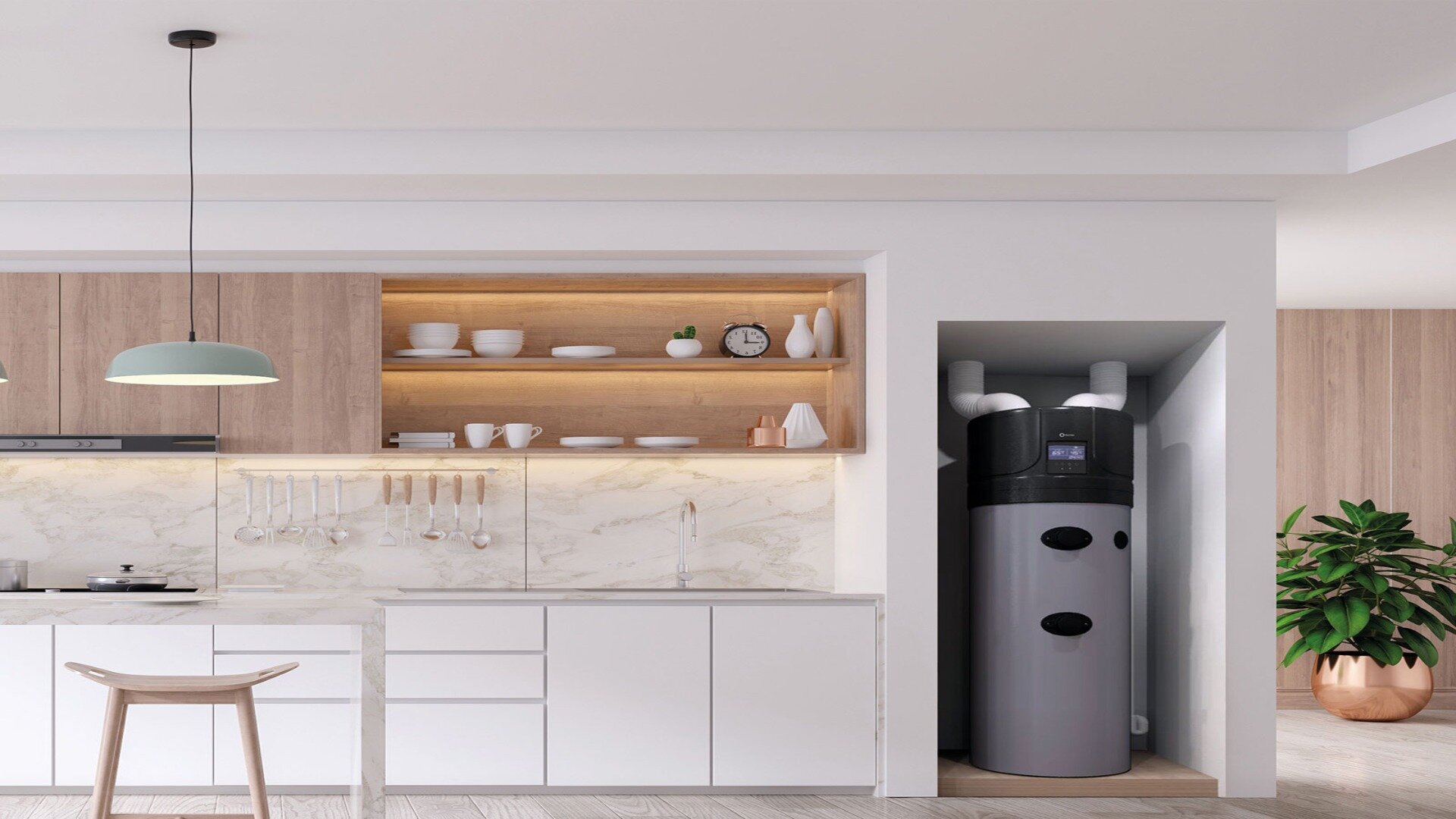
In addition to daily activities, account for other periodic hot water demands. For example, do you use hot water outdoors for a garden hose or power washing? Are there hot tubs or pools that need regular temperature maintenance? Does your washing machine use hot or cold water?
Evaluate your fixtures and appliances for efficiency, as older, high-flow models require more hot water input—also, factor in plans, such as increasing family size. A thorough understanding of your unique water usage profile makes factors influencing daily and weekly consumption apparent.
This information allows you to determine relative hot water needs and properly size an electric storage hot water heater or tankless water heater to match your household’s patterns closely. Proper sizing avoids running out of hot water and saves money on utility bills long-term.
Factors Influencing Size Selection
There are several crucial factors to weigh up when determining the right size for your electric hot water heater.
1. Number of people in the home
More occupants mean additional hot water needs from daily activities like showering, bathing, laundry and dishes. Larger families will require a larger tank than smaller households. In short, the more demand for hot water in your house, the greater the need is to heat water. Continuous flow systems may be an option, but natural gas storage units are more economical.
2. Usage patterns
The frequency and duration of pump hot water system use varies between households. Those with athletes who shower after practice or families who enjoy long baths will utilise more than retirees.
Suppose your chosen power source is electricity, and you’d like to keep the costs of running a hot water heater down by connecting the system to an off-peak tariff (often between 10 p.m. and 7 a.m.). In that case, you’ll need to install a larger system as it will need to supply hot water to your home for the whole day and only reheat at night (during the off-peak times). Understanding typical habits is essential.
3. Number of bathrooms
Homes with multiple bathrooms allow for simultaneous hot water use, increasing daily demand. The storage tank system must be sized to accommodate various draws simultaneously. If you decide on an instant hot water system, and it’s too small, you cannot get hot water from multiple hot water taps simultaneously.
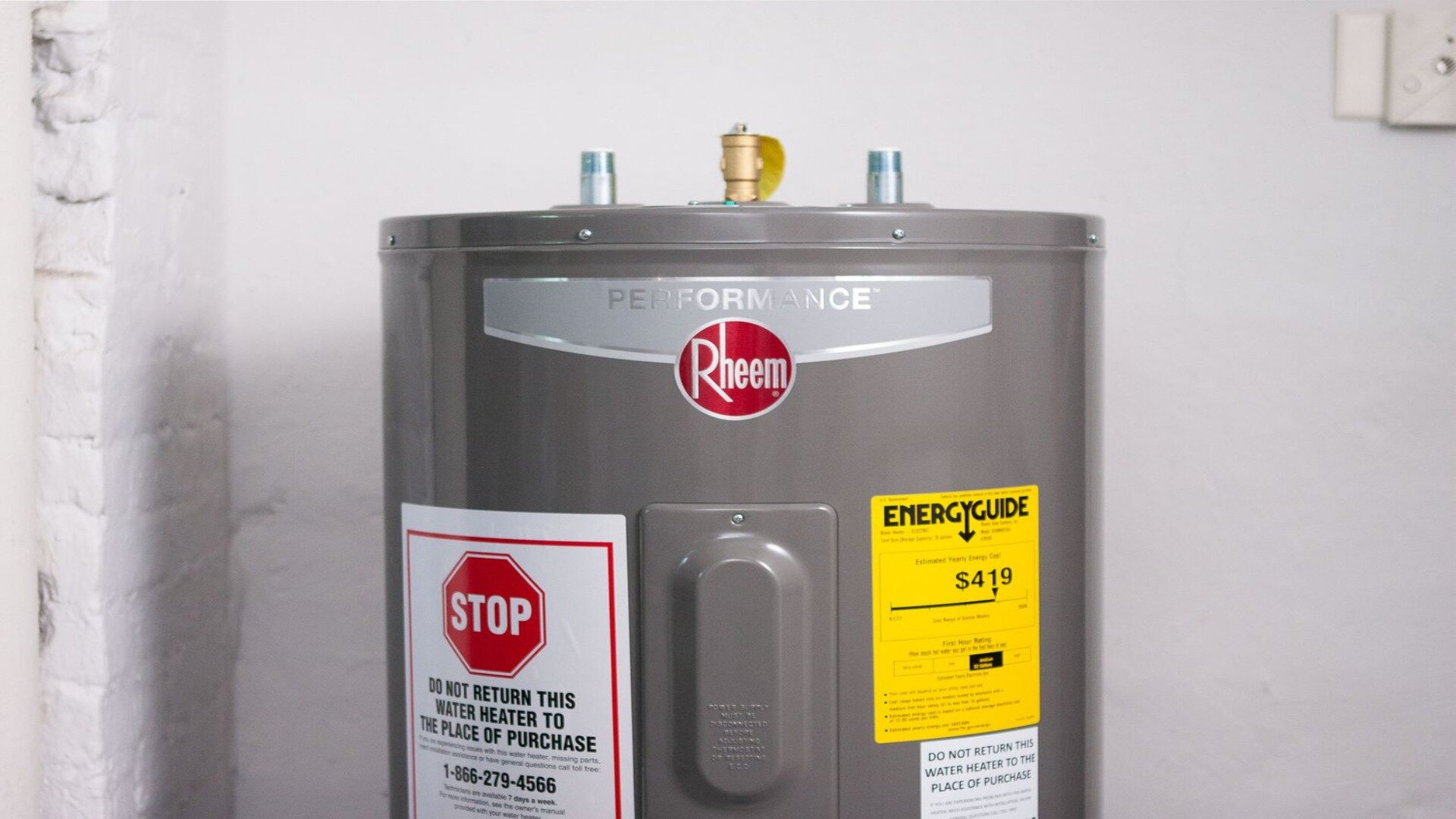
4. Shower length
If you enjoy long, relaxing showers, you’ll use considerably more hot water daily compared to quick rinsers. Long showers mean you’ll need a heater with larger capacity.
5. Laundry & dish loads
How many showers and outlets will your system need to service? The number of laundry and dishes completed per household daily translates directly to gallons of hot water required. Higher numbers indicate increased sizing requirements.
6. Spa or pool
Maintaining hot tubs and swimming pools demands continuous hot water to refill and warm the water. This adds to daily usage calculations.
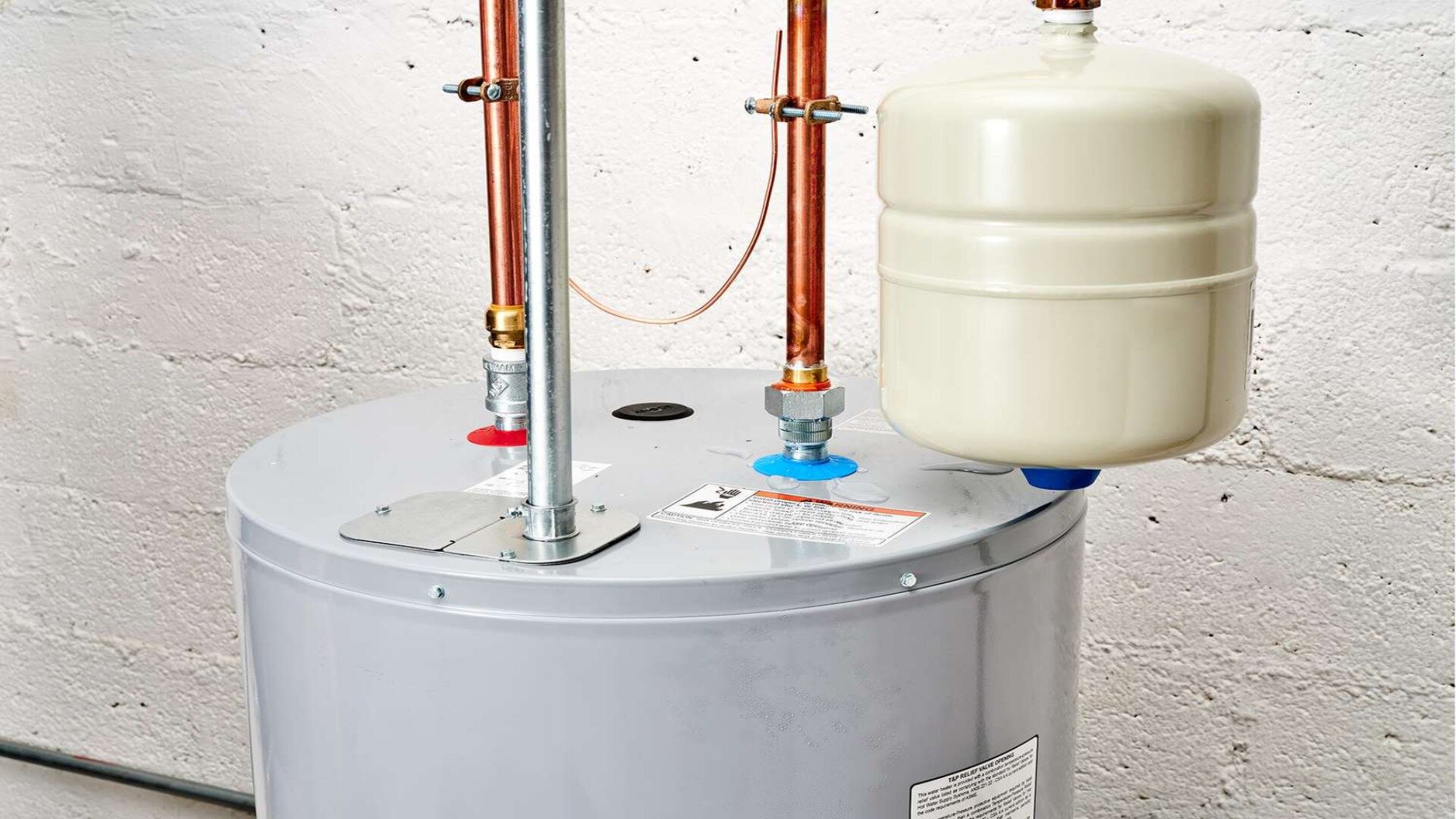
7. Fixture efficiency
Homes still use older fixtures with higher flow rates, lose more water (and require more heating) per use than those upgraded to water-saving showerheads and faucets.
8. Home size
In general, larger and more expansive residences have proportionally higher demands for hot water than smaller homes.
9. Future changes
It’s wise to account for potential increases in needs over time, like having long-term guests or adding family members that could evolve usage patterns.
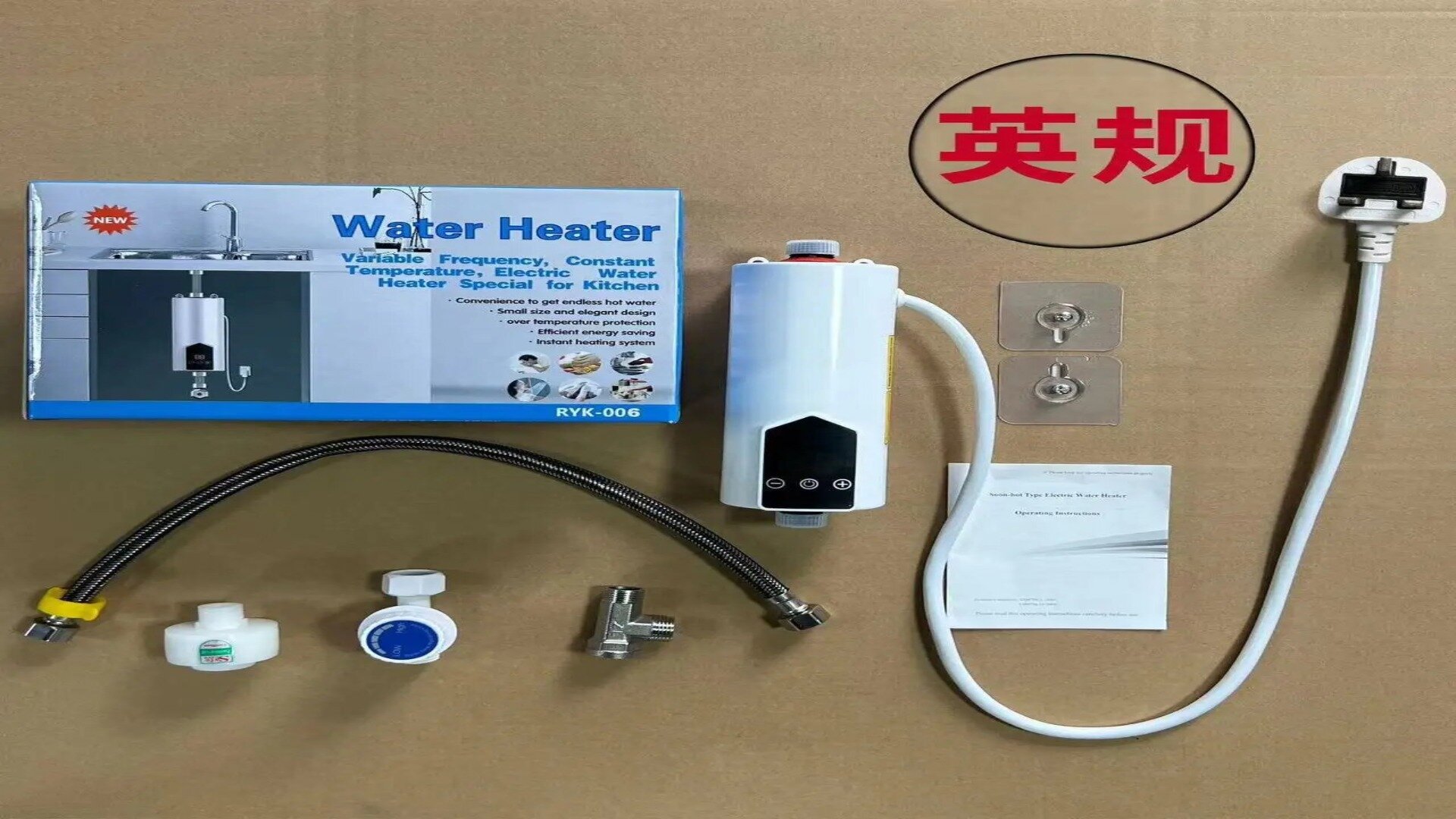
10. Local climate
Hot water needs vary depending on geographic location. Homes in very hot or cold climates will utilise more gallons per day for temperature regulation compared to more temperate regions. This climate factor needs consideration during the sizing calculation.
Taking all of these factors into careful consideration helps ensure the selection of an adequately sized heater to meet a home’s hot water demands both currently and in the years ahead. You are the best judge of how much hot water your house needs, and a sound system is a significant investment, so don’t feel pressured into a rush decision.
So, What Size Hot Water System Do I Need?
Calculating the proper size for an electric hot water heater requires carefully estimating a home’s daily hot water usage needs. The best place to start is to determine the daily gallons required.
Most storage hot water systems are sized based on daily gallons, with common capacities ranging from 30 to 80 gallons. As a baseline, estimate that each person in the household will use around 40-60 gallons weekly. However, this figure can vary significantly depending on individual usage patterns and household characteristics.
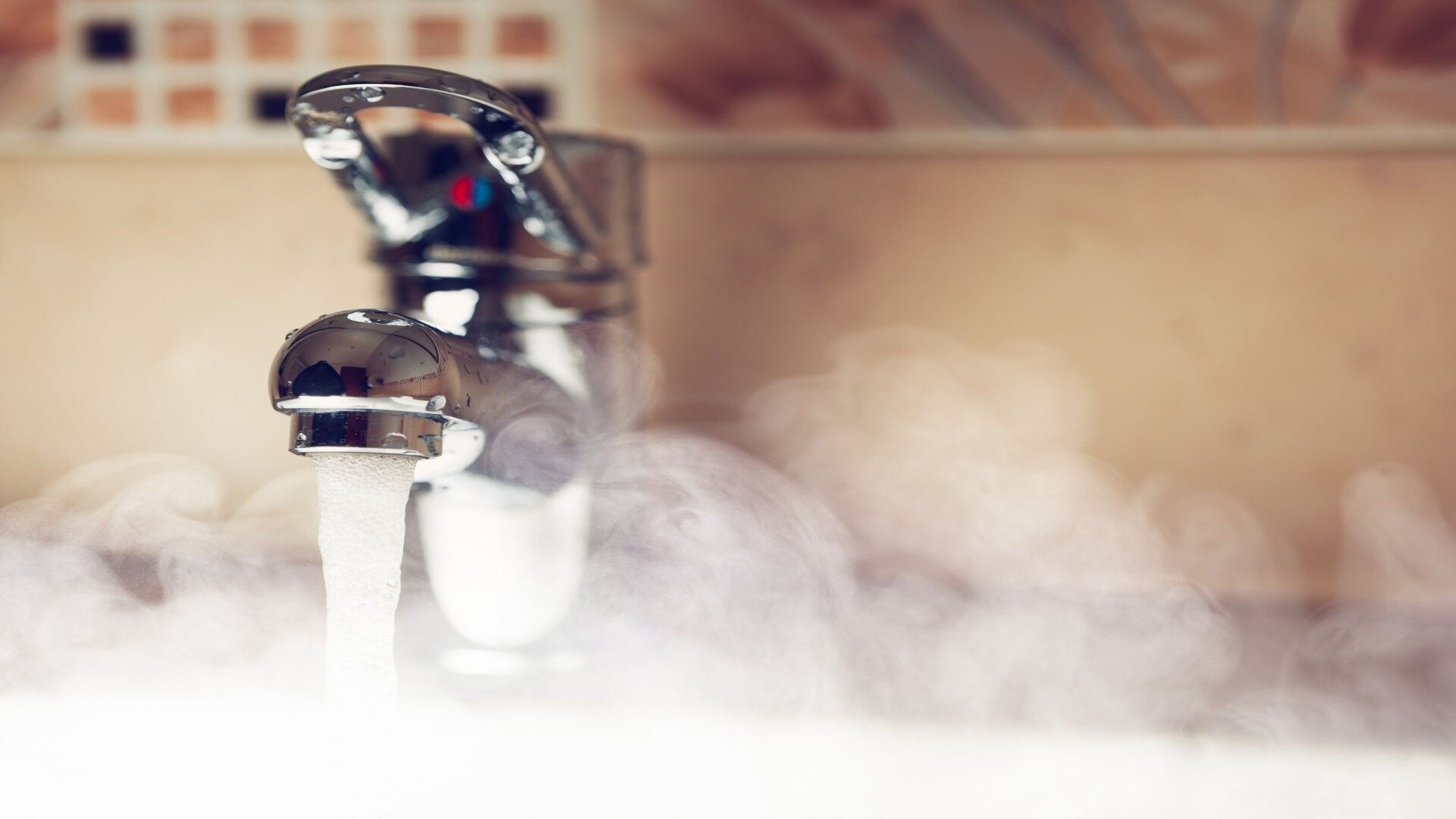
Accurately calculating daily gallons involves breaking it down by each hot water fixture and appliance. For instance, the average 10-minute shower uses about 18-25 gallons. So, a family taking two showers a day would consume 36-50 gallons just for that. Then, factor in dishwasher and washing machine usage. A dishwasher might need 5-10 gallons per cycle, while front-load washers use around 25-40 gallons per load. Work out the weekly loads to get your total gallons used.
In addition to fixtures, consider other factors like simultaneous use from multiple bathrooms, a hot tub or pool that needs regular heating, the home’s number of floors, and the age/efficiency of existing fixtures. Once estimates are tabulated for all hot water appliances and activities, add 10-15% to account for heat loss and occasional higher usage periods.
Comparing the total calculated daily gallons to available heater sizes will help determine if a 40, 50 or 80-gallon unit best fits the home’s needs. Oversizing slightly is preferable to running out of hot water during morning or evening rush hours. Taking time to precisely project requirements leads to selecting the suitable electric water heater capacity.
Considering Additional Features and Considerations
When calculating the size of an electric hot water heater, it’s essential to consider more than just gallons needed per day. Additional features, efficiency ratings, location factors and warranties all play a crucial role in determining the optimal size.
The insulation level of the unit should be considered, as more highly insulated tank models can often provide sufficient hot water to meet daily demands, even if slightly undersized, due to retaining heat better. A faster recovery rate is also crucial, as systems that can reheat the water to its set temperature quicker after high usage periods like lengthy morning showers will perform better.
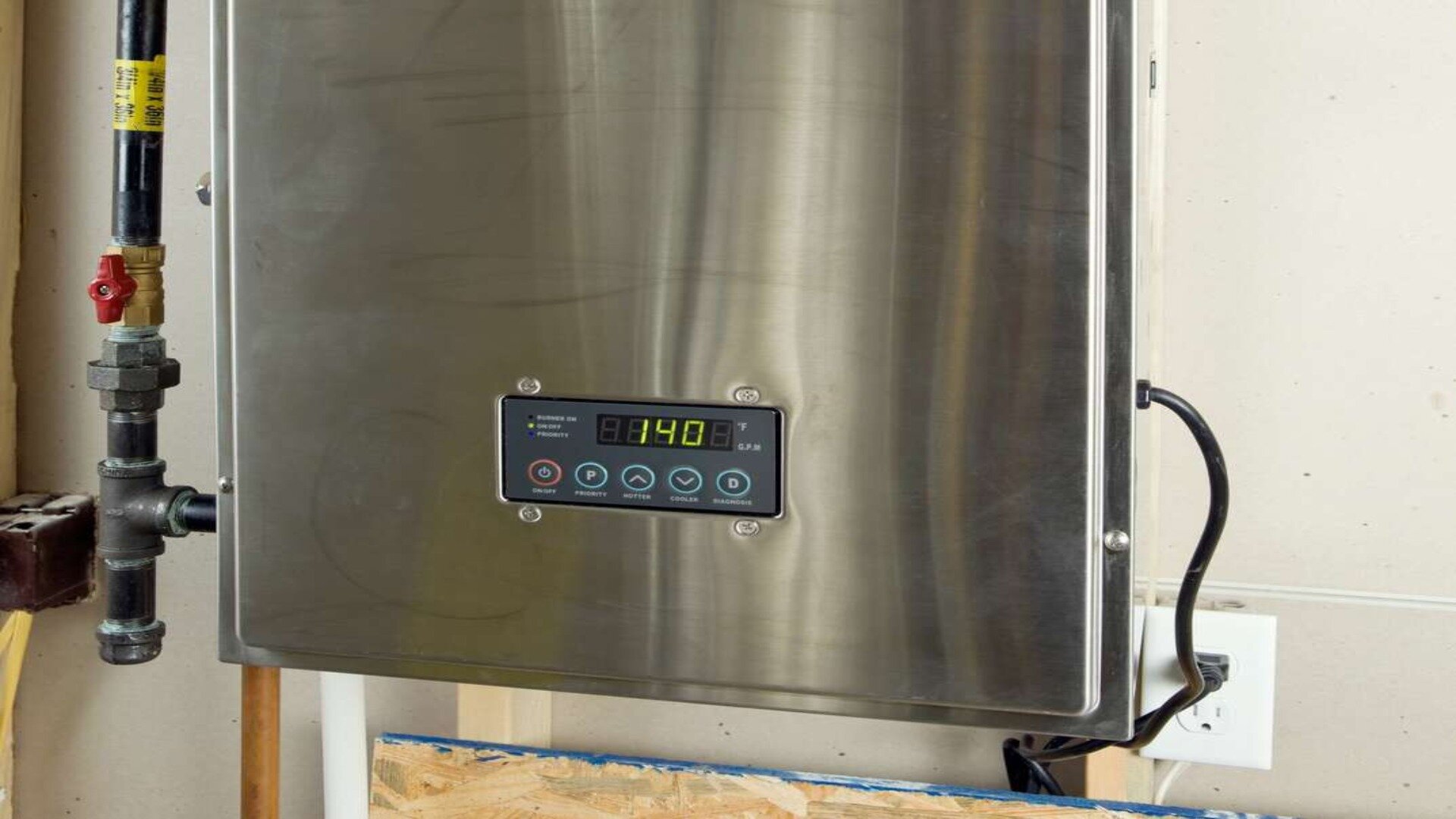
Looking closely at Energy Factor ratings will also impact operating costs over the heater’s lifetime. Higher EF units cost less to power per year. Newer heat pump water heaters have exceptionally high EF ratings of over 2.0. Warranty durations should also factor in, as larger capacity units sometimes come with longer partial or complete warranties, providing greater protection against repairs.
Where the water heater will be also matters; units installed on exterior walls may need extra insulation to combat ambient heat loss. Multi-story homes could benefit from a larger size to promptly ensure hot water reaches all fixtures. Consulting with a plumber can help analyse pipe layout and fixture positioning to optimise sizing.
Considering these extra criteria and daily gallon estimates leads to choosing an electric water heater tailored to each unique home, perfectly balancing size, efficiency, and long-term functionality.
Finding Your Perfect Fit
Carefully understanding your household’s hot water usage and calculating size requirements based on influencing factors leads to selecting the ideal electric system for your home’s needs. Choosing the correctly sized unit ensures an adequate, comfortable hot water supply without wasting energy or money.
If you need a hand analysing your hot water needs or figuring out the best heater size, get in touch with the experts at Enersol Electrical. We’re a top provider of electric water systems and can assess your home’s specific hot water requirements.
We carry a wide selection of brands and models in various capacities. Enersol Electrical’s skilled technicians can install your new hot water system and ensure it works efficiently. Explore our Residential Electrician Gold Coast to learn more.
With many years in the industry, we aim to supply our customers with quality water heating solutions tailored to their needs. Reach out to us today to discuss your hot water system requirements. Please speak to one of our representatives about choosing the right size electric hot water system for reliable and cost-effective hot water.